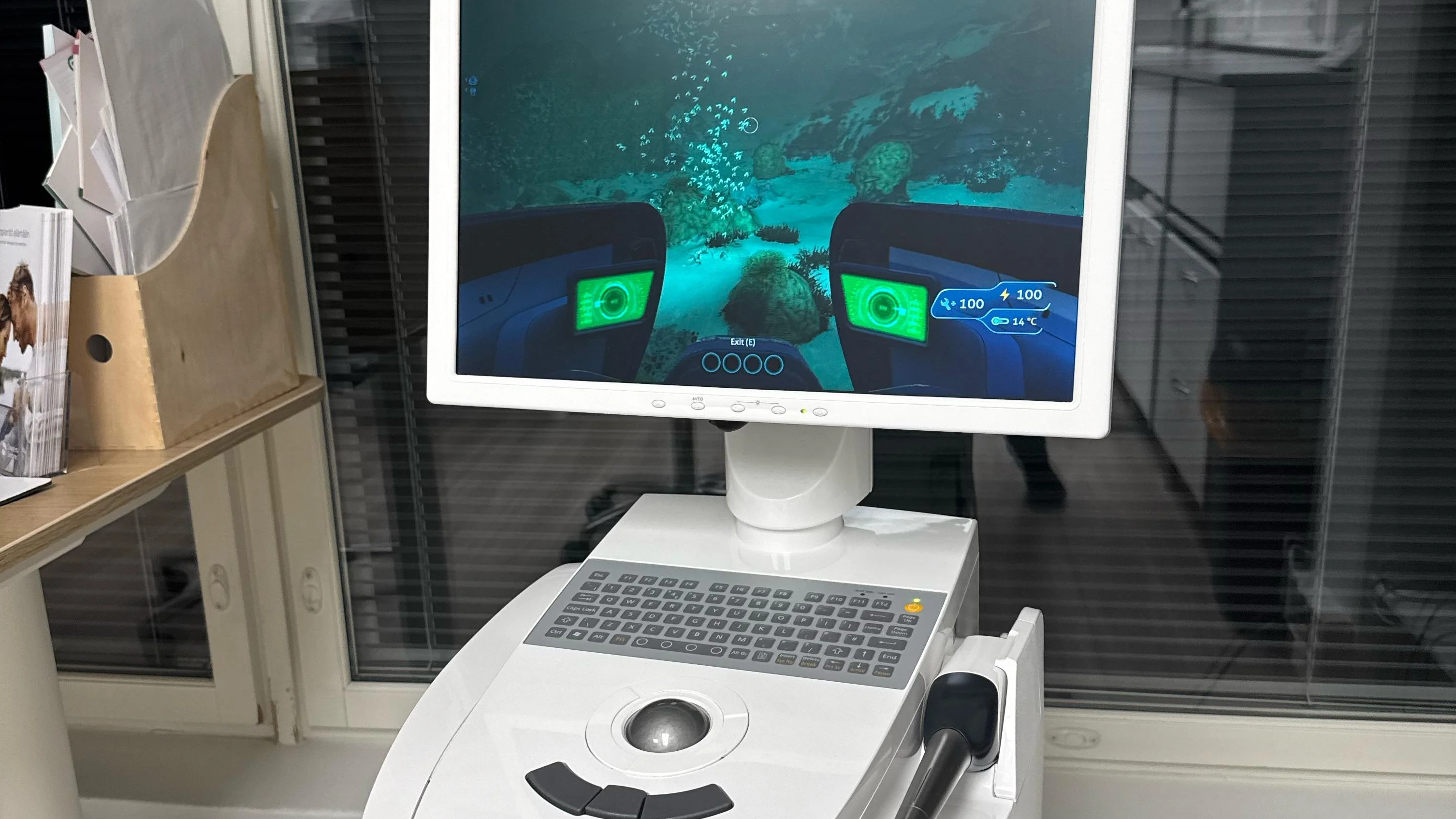
Ever wonder what those PCs used as 3D dental scanners at your local dental clinic are really capable of? Three days ago, Redditor u/AfternoonPutrid8558 on the r/PCMasterRace subreddit shared a story and a set of photographs in which he tested this exact question out, thanks to being granted brief after-hours access to his father's dental clinic. Limited time and free storage were the biggest limiting factors at play here, with a 100 megabits per second download speed, making some larger game installs unfeasible within the time window.
In any case, u/AfternoonPutrid8558 did seem to have plenty of time to capture the unique characteristics of this 3D dental scanner.
The system uses a Haswell-E 5th Gen Intel Core i7-5720K with an MSI Raider X99 motherboard, running at 3.3 GHz with 32GB of DDR4-2999 RAM. Those are old specifications—the CPU and platform are from 2014, just after DDR4 was initially adopted—but they were still surprisingly adequate for gaming until around the PS4 era.
Gaming on a dental computer from r/pcmasterrace
Where newer games have become much more strictly demanding on CPU and GPU requirements, the relatively low power of mid-gen PS360 and PS4/XB1 kept many older PC architectures competitive in multi-platform titles much longer than if games pushed the limits with every CPU/GPU refresh cycle.
While we don't know what exact GPU is used within this 3D dental scanner, the system information at least tells us it's an AMD Radeon R9 200 series GPU. Perhaps a Radeon R9 270X, 280X, or 290X? While these cards don't compare to AMD's present-day RDNA GPU fare or even old budget staples like the RX 580, they're still more than enough for indie games and older, less demanding titles.
u/AfternoonPutrid8558 tested these specifications in two games: a classic multiplayer shooter released in 2004, Counter-Strike: Source, and an underwater survival game released in 2014, Subnautica. CS:S ran at a whopping 600-700 FPS, leveraging the onboard CPU near-perfectly, while Subnautica still turned around a respectable 60 FPS, being about ten years newer but still targeted at a wide range of GPU specs. u/AfternoonPutrid8558 also notes that Subnautica's sea moth controls feel "surprisingly elegant" when done with the large trackball mouse used by the 3D dental scanner. However, we imagine those controls would feel much less elegant in a multiplayer match of Counter-Strike, 600 FPS or not.







